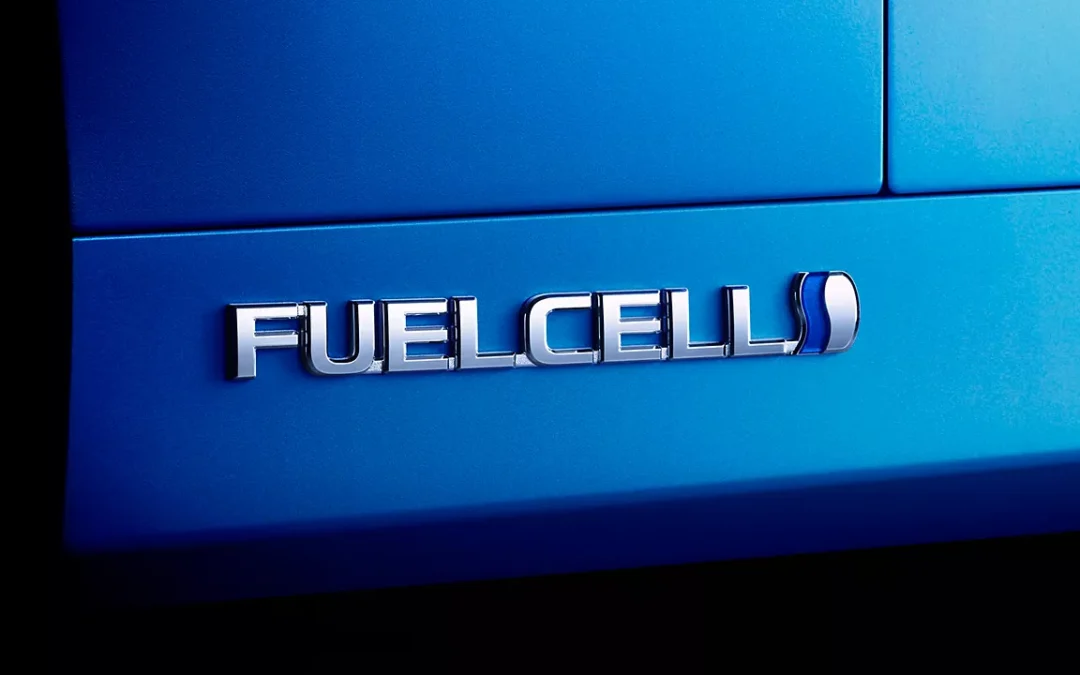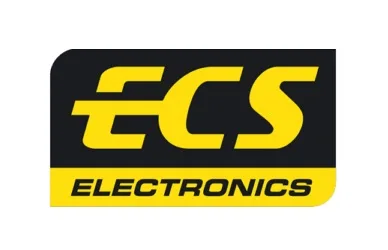Could hydrogen power be the real future for vehicles?
Introduction
As the world grapples with climate change and seeks sustainable solutions for transportation, hydrogen cars have emerged as a promising alternative to traditional gasoline and even electric vehicles. Combining the efficiency of electric power with the convenience of quick refuelling, hydrogen fuel cell vehicles (FCVs) offer a glimpse into a potential future of green mobility. This article explores the technology behind hydrogen cars, their benefits, challenges, and prospects.
The Technology Behind Hydrogen Cars
Hydrogen cars operate on a technology called hydrogen fuel cells. A fuel cell converts chemical energy into electrical energy through a reaction between hydrogen and oxygen. Here’s a simplified breakdown of the process:
- Hydrogen Storage: Hydrogen gas is stored in high-pressure tanks within the vehicle.
- Fuel Cell Stack: The hydrogen gas flows into the fuel cell stack where it encounters a catalyst, typically platinum, which splits the hydrogen molecules into protons and electrons.
- Electric Power Generation: The protons pass through a membrane, while the electrons flow through an external circuit, generating an electric current. This current powers the electric motor that drives the vehicle.
- Water Emission: The protons and electrons recombine with oxygen from the air to form water vapour, the only emission from the tailpipe of a hydrogen car.
Benefits of Hydrogen Cars
- Zero Emissions: Hydrogen cars emit only water vapour, making them an environmentally friendly option with no greenhouse gas emissions during operation.
- Quick Refueling: Unlike battery electric vehicles (BEVs), which can take several hours to charge, hydrogen cars can be refuelled in about 3-5 minutes, similar to traditional gasoline cars.
- Extended Range: Hydrogen cars typically offer a longer driving range compared to most BEVs, with current models averaging between 300-400 miles on a single tank.
- Reduced Dependence on Lithium: Hydrogen cars do not rely heavily on lithium-ion batteries, which helps mitigate issues related to lithium mining and supply constraints.
Challenges Facing Hydrogen Cars
- Infrastructure Development: The most significant hurdle for hydrogen cars is the lack of refuelling infrastructure. Building hydrogen refuelling stations is costly and requires coordinated efforts between governments and private entities.
- Production and Storage: Producing hydrogen in a sustainable manner is a challenge. While hydrogen is abundant, extracting it from water through electrolysis or from natural gas is energy-intensive and can generate emissions unless renewable energy sources are used.
- Cost: Currently, hydrogen cars and fuel are more expensive than their gasoline or electric counterparts. However, costs are expected to decrease with technological advancements and economies of scale.
- Public Perception and Awareness: Hydrogen technology is relatively new to the public, and there is a need for greater awareness and acceptance of this alternative fuel.
Current Hydrogen Car Models
Several automakers have ventured into the hydrogen car market. Notable models include:
- Toyota Mirai: One of the first mass-produced hydrogen FCVs, known for its reliability and range.
- Honda Clarity Fuel Cell: Offers a spacious interior and advanced technology features.
- Hyundai Nexo: An SUV that combines practicality with cutting-edge hydrogen technology.
The Future of Hydrogen Cars
The future of hydrogen cars looks promising as advancements continue in fuel cell technology, hydrogen production, and refuelling infrastructure. Governments worldwide are investing in hydrogen as part of their clean energy strategies. For example, the European Union has ambitious plans for hydrogen infrastructure under the European Green Deal, and countries like Japan and South Korea are leading the charge in hydrogen technology adoption.
Conclusion
Hydrogen cars represent a significant step towards sustainable transportation. While challenges remain, the potential benefits of hydrogen as a clean, efficient, and convenient fuel source are undeniable. With continued innovation and investment, hydrogen cars could play a crucial role in reducing our carbon footprint and achieving a greener future.
As we look to the horizon, hydrogen cars stand as a beacon of hope, blending the promise of cutting-edge technology with the urgent need for environmental stewardship. The journey towards widespread adoption may be long, but the destination is one worth striving for a world where clean energy drives us forward.
The biggest issue for people wanting to tow caravans with an EV is that of range. The added weight of a caravan cuts the range between fuelling stops and makes towing any reasonable distance a stressful time.
Although currently, no hydrogen-powered tow cars are available to buy in the UK we feel it is a matter of time before we regularly start seeing them on the roads.
If you’re interested in finding out more about hydrogen-powered vehicles or fancy test driving the latest hydrogen car then have a look at the Miraa from Toyota UK > https://www.toyota.co.uk/new-cars/mirai#/
Happy towing.
Team Ultimate









